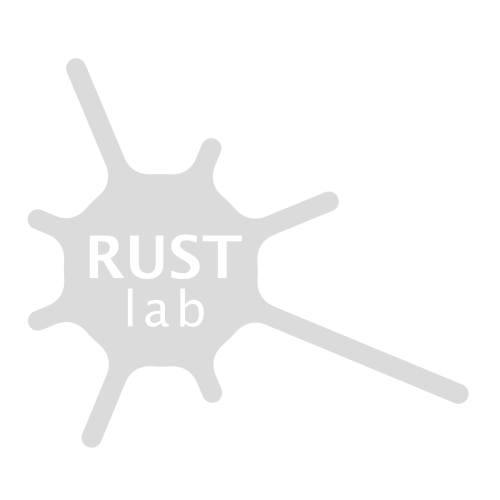When I think about this term’s RUSTlab Lecture theme “Data and Experimentalism”, I get a light and playful feeling. No question that it is a methodologically and theoretically difficult issue. Yet, it is also hopeful and mobilises a belief in “a future different from the past,” as our dear friend Helen Verran so often states, the horizon of relevant research.
What is this about?
For the winter term of 2020/21, we have given our lecture series a guiding theme, which is: Data & Experimentalism. We inquire into how pragmatist experimentalism can conceptually and practically help re-tooling social scientific practices, and how data may engender, contradict, combine or in other ways be involved in this. Here is our first reflection of Mace’s excellent paper, written by Estrid. All the reflections will be collected here.
Mace Ojala from the ITU Copenhagen gave the first talk this term by intervening into this light and agreeable feeling. He did so by drawing on the same literature as we drew on when writing our brief introduction to the “Data and Experimentalism” theme. A very helpful intervention.
The talk was on software maintenance. Software maintenance mobilises a quite different atmosphere than the one described about. Maintenance, Mace emphasised, is not innovation; it is not about creating something new. It is not development, since it foresees living with what is already there. Neither is maintenance repair, because most often, they act before a break down. Maintenance is not virtuous, doubly not. First, there is no virtue to maintaining things, it is just annoying if they are not maintained – damaged roads, freezing software, dirty wardrobes. Second, there are phenomena we don’t want maintained: climate change, nationalism, violence, pandemics.
These ideas about maintenance are important also for (data)experimentalism. Mace talked from a broken world perspective (Jackson 2014) where maintenance rather than change seems to be at the horizon of activities. Situated in pandemic times in one of the worldwide largest areas of the industrial ruins of fossil Capitalism, we may learn from Mace’s software maintainers. Generally, he emphasised, they are the ones in organisations who know how everything really works. They become involved in every little corner of an infrastructure across hierarchies and specialist areas. Yet, when they meet up at conference, they don’t want to talk code, but build circles to share their burnout experiences. Mace brought in Puig de la Bellacasa’s (2017) notion of “touch.” Touch connects bodies and materials, and it is mutual: you cannot touch without being touched. Maintainers reach out to everyone, but maybe they all too rarely get in touch with anyone. When they work they are in the way and only when they fail, their presence is noticed. However, in a world of risk and uncertainty, of growth and decay, of fragmentation, dissolution and breakdown (Jackson 2014), the experience and knowledge of maintainers across areas of specialisation, and about the interconnected and multiple character of organisations, practices, politics, may be of great value. Based on American Pragmatism, Marres (2012) has written about issue experts and their involvement in data experiments. They are specialists in particular areas of knowledge, of particular cases. Yet, probably, we need to draw attention also to what we may call “issue-maintainers,” those caring for the continuity of issues.
Issue maintainers may retract some of the lightness of the theme of Data and Experientalism. But they may indeed also help grounding data experiments. A great thanks to Mace Ojala for introducing these thought.
By Estrid Sørensen
